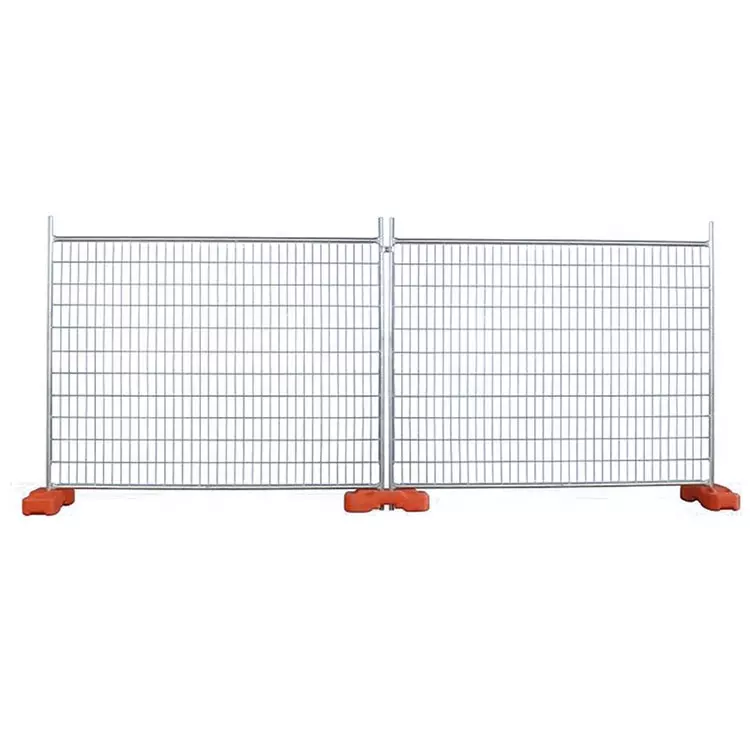Understanding Arc Mesh A Comprehensive Overview
Arc mesh is a sophisticated conceptual and practical framework that finds its application in various fields, from computer graphics and engineering to geographic information systems (GIS) and robotics. This article aims to elucidate the fundamental principles of arc mesh, its significance, and its diverse applications.
What is Arc Mesh?
At its core, an arc mesh refers to a network of interconnected arcs (curved lines) that forms a mesh structure. This structure can represent complex geometrical shapes and surfaces in a more flexible manner compared to traditional grid-based mesh representations. In contrast to linear edges, arcs provide a smoother approximation of curves, making arc meshes exceptionally useful in applications where precision and fluidity of curves are paramount.
Key Features of Arc Mesh
1. Smoothness One of the most notable features of arc meshes is their ability to create smooth transitions across surfaces. This smoothness is achieved by using arcs, allowing for a more natural representation of curves, which is crucial in fields such as computer-aided design (CAD) and animation.
2. Efficiency Arc meshes require fewer elements to represent complex shapes compared to traditional polygonal meshes. By utilizing arcs, designers can reduce the number of vertices and edges needed, thereby simplifying computations and improving processing time.
3. Flexibility Arc meshes are highly adaptable, allowing for easy modifications and enhancements. This flexibility is vital in iterative design processes, enabling designers and engineers to explore numerous variations and fine-tune their models quickly.
Applications of Arc Mesh
Arc meshes are utilized in various domains, showcasing their versatility and effectiveness
arc mesh

1. Computer Graphics and Animation In visual effects and animation, arc meshes are utilized to create intricate character models, environments, and animations. The smooth curves produced by arc meshes facilitate more natural movements and realistic appearances, enhancing the viewer's experience.
2. CAD and Engineering In mechanical and civil engineering, arc meshes are essential for modeling complex components and structures. Engineers use these meshes to ensure that designs conform to safety regulations while also meeting aesthetic standards.
3. GIS and Spatial Analysis GIS relies on accurate representations of geographical data. Arc meshes can effectively model landscapes, roads, or other geographical features, providing a better representation of the real world that is crucial for effective planning and decision-making.
4. Robotics In robotics, understanding and navigating complex environments is vital. Arc meshes can be employed to model paths and surfaces that a robot must navigate, allowing for more efficient pathfinding algorithms that account for smooth transitions and obstacles.
Challenges and Future Prospects
Despite their advantages, the implementation of arc meshes does pose challenges. The creation of arc meshes often requires sophisticated algorithms and tools to ensure proper fitting and representation of curves. Additionally, converting traditional meshes into arc meshes can be complex, requiring effective workflows and software tools.
Looking ahead, the future of arc meshes appears promising. As computational power continues to increase and machine learning techniques advance, we can expect even more innovative applications of arc meshes in real-time graphics, simulation environments, and other high-demand fields. The integration of arc meshes with emerging technologies like augmented reality (AR) and virtual reality (VR) might redefine our spatial experiences, making environments more immersive and engaging.
Conclusion
Arc mesh is a powerful tool that bridges the gap between traditional geometric modeling and sophisticated representations of curvature. Its ability to create smooth, efficient, and flexible models makes it indispensable across multiple industries. As the demand for realistic and complex simulations continues to grow, the relevance of arc meshes will undoubtedly expand, paving the way for new innovations that enhance our understanding and interaction with both digital and physical spaces.
-
Turn Down the Noise: The Future of Highway Sound Barriers
NewsApr.09,2025
-
Silence the Sound: The Power of Highway Noise Barriers
NewsApr.09,2025
-
Reduce Road Noise Effectively with Highway Noise Barriers
NewsApr.09,2025
-
Noise-Free Living: How Highway Barriers Make a Difference
NewsApr.09,2025
-
Engineered for Silence: Highway Noise Barriers for Every Road
NewsApr.09,2025
-
Effective Noise Control: Highway Barriers for a Quieter Tomorrow
NewsApr.09,2025
Subscribe now!
Stay up to date with the latest on Fry Steeland industry news.

